- About us
- Focus
- Reporting
- Sustainability
- Financial Report
Cultural change is already having a tangible impact. We are striving to become a more agile and learning organisation where everyone collaborates without boundaries. Cultural change takes time, but we are moving forward with success. In 2022, we saw a lot of progress on our collective journey to transform our culture.
There are many of us and we’re all very different – more than 1,000 employees from 42 different countries work for Cembra. Changing our corporate culture is not something that can happen overnight. But if each and every one of us is prepared to contribute, we will be able to implement over 1,000 changes and improvements. We are taking this cultural journey step by step. Our goal is to achieve a common understanding of our values that is built on curiosity, a positive error culture, constant learning and close, crossteam collaboration.
Our focus is always on our customers. Katja Alder, Head of Organisational and People Development, knows that Cembra has to change and focus even more on its customers. “Against this backdrop, we have defined our vision for Cembra for the coming years. It brings together our strategic work, ambitions and efforts. Our vision forms the foundation for achieving our shared company goals.” And 2022 was an important step in developing our uncompromising customer focus.
“In 2022, we focused on building a culture and attitude of trust within the company”, explains Katja Alder. “Our ’Trust and Team’ initiative has been further deepened. It ser ves as a foundation on which we can build a learning, more collaborative and more agile organisation. Above all, it’s about how we interact with each other, how we work together and how we approach our customers.” This is a crucial point, because a strong corporate culture is reflected all the way through to the customer experience.
35 Change Agents, who are employees from various parts of the company, are multipliers of the changes across Cembra. It is their job to support and foster cultural change. With them, we introduced various measures to strengthen cooperation. Our approach: to try out new processes and ways of working, and to learn from them. Evidencebased pulse surveys were used to check whether the company was on the right track. Based on the findings, further measures were then identified during workshops.
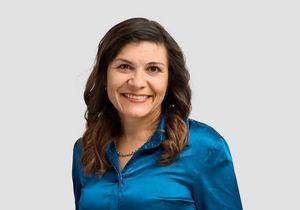
Samareh Janami,
Internal Regulation Advisory Officer
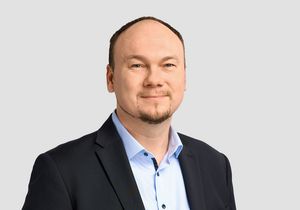
Karel Vanicek,
Head of Risk Control
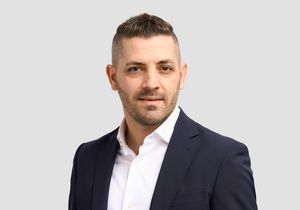
Luca Di Maso,
Head of Customer Service
New ways of working
One of these measures is our “Speedboats”, which serve as pilots for new working methods. With these, new project ideas can be implemented rapidly. Implementation is hierarchyfree and crossdepartmental, and projects can be rolled out in a lean and customeroriented way within a few weeks. For example, we adjusted the processes in one “speedboat” so that clients receive feedback on a loan application more quickly and easily. Quick, “outofthebox” solutions like these are a good example of how creative problemsolving can be implemented.
Another popular measure was our culture hacks. The idea here is to make small improvements in our everyday work that will have a big impact. All employees were able to contribute to this process, and so far around 80 culture hacks have already been implemented. These include the Coffee Lottery, where employees are randomly assigned to exchange ideas over a coffee. Those who sign up have the opportunity to make new contacts and find out what colleagues from other departments are working on. Another culture hack is the Thank You Cards. They can be used, for example, to thank colleagues for their cooperation on a project or to pass on positive feedback in general.
As Katja Alder puts it: “We can be proud of what we have already achieved in 2022. We have seen that special situations, such as the launch of the Cembra app or the Certo! Mastercard, require special commitment. We know that we can successfully tackle many things together. Our new attitude is: we take it in, we solve it, we learn from it.”
We will start to see more positive impacts from these measures in 2023. Here, six employees tell us about the impact the cultural transformation is already having on our working methods and processes (see quotes).
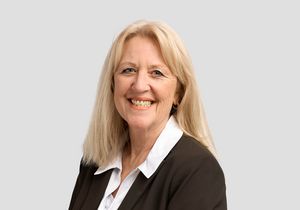
Monika Normand-Schwab,
Teamleader Swissbilling
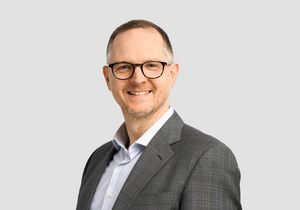
Jan Uetz,
Head of Digital Solutions

Dipti Rao Kissling,
Business Process Engineer